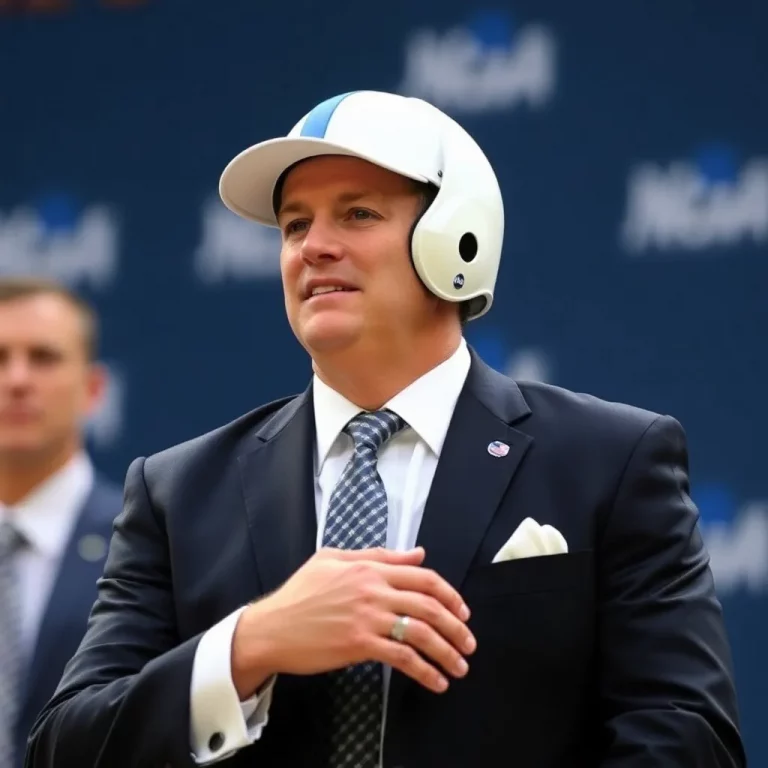Indianapolis – In a significant shift for college sports, the NCAA approved nine new rules on Monday that will allow colleges to pay their athletes directly, marking a major change to longstanding regulations. These adjustments come as part of a settlement from a multibillion-dollar lawsuit and are expected to take effect this summer.
The athletes, who have long been unable to receive direct payments from their universities, are now on track to see changes that will directly benefit them. The new regulations will eliminate around 150 existing rules and modify many others in the NCAA’s extensive rulebook. Among these changes, schools will now have the authority to pay athletes directly, reshaping the financial landscape of college athletics.
Another significant change is the removal of scholarship limits for teams. Instead, roster limits will be established to replace the previous scholarship caps, creating new ways for athletes to be supported and compensated. Some of the specific details regarding these roster limits are still being finalized after being discussed during a recent court hearing.
Additionally, the NCAA has set a reporting requirement for schools that choose to pay athletes. The largest programs will have a payment pool of around $20.5 million starting next academic year. This aims to ensure transparency and fairness in how athletes are compensated.
To further assist in compliance, a clearinghouse will be established for all name, image, and likeness (NIL) deals over $600 that athletes may receive from third parties. There will also be a new enforcement body formed to oversee these new regulations, ensuring that schools adhere to the latest rules on athlete payments and NIL agreements.
One notable aspect of these changes is that athletes must be enrolled full-time and making progress towards their degree to qualify for benefits. This is seen as a way to keep education as a priority while allowing athletes to benefit financially from their hard work.
The NCAA’s board of directors mentioned that they are also considering measures to streamline governance as larger conferences seek more power in deciding certain aspects of college athletics. As the discussion continues and the final approval from a federal judge remains pending, the NCAA is making strides towards a new era in college sports.
The changes are set to be officially implemented by July 1, provided the necessary judicial approvals are granted. This pivotal moment may redefine college athletics as we know it, bringing opportunities for athletes that were previously unimaginable.



